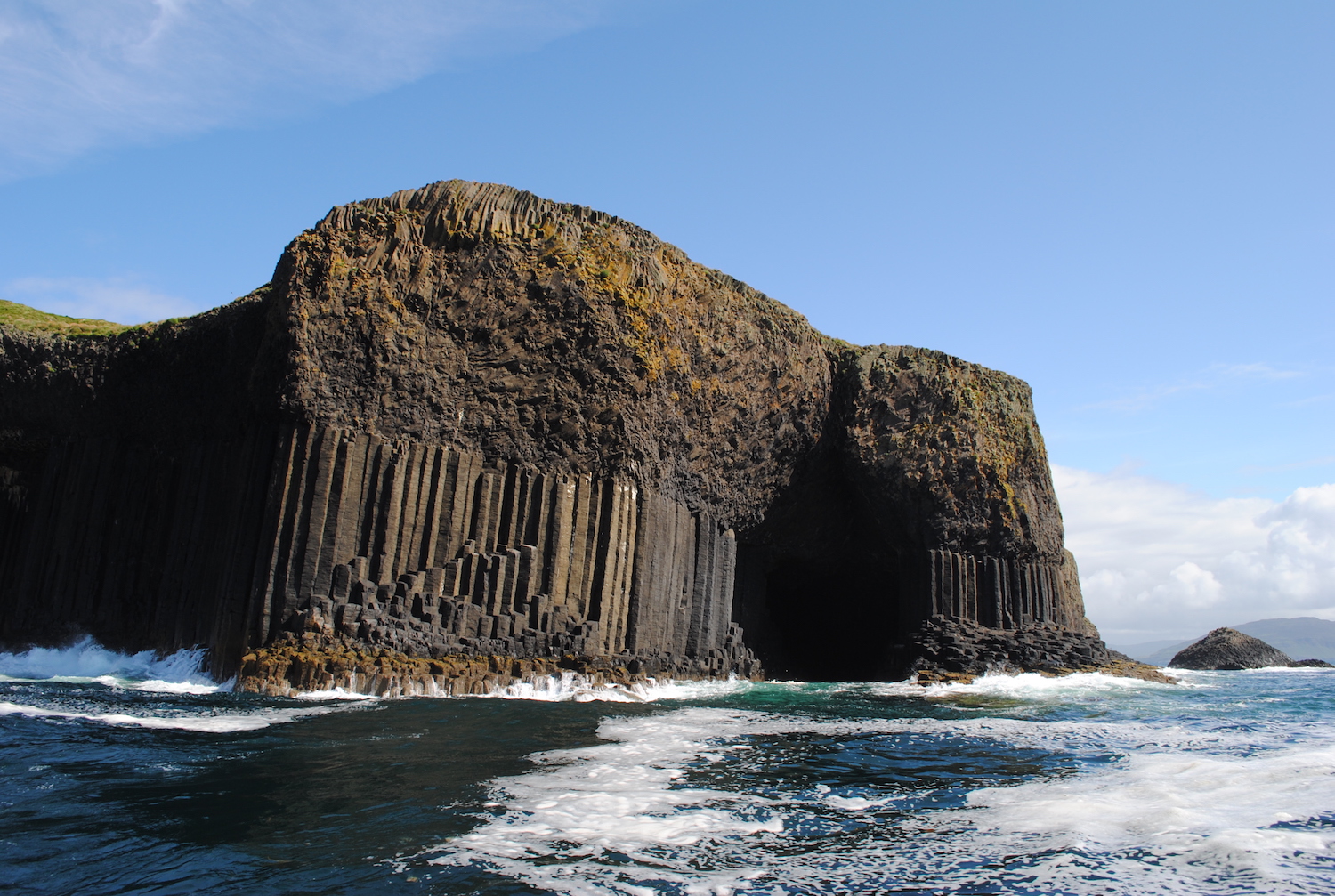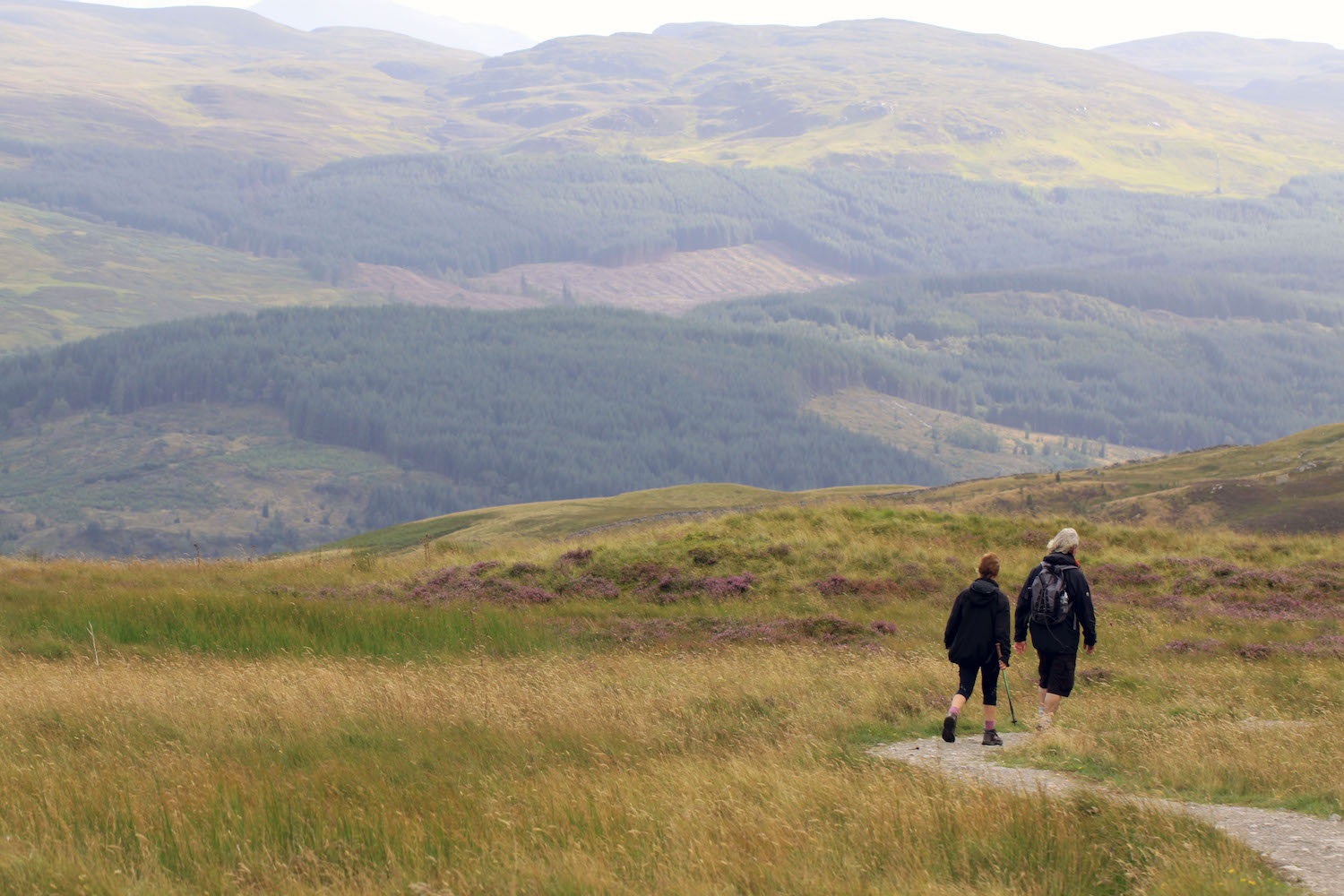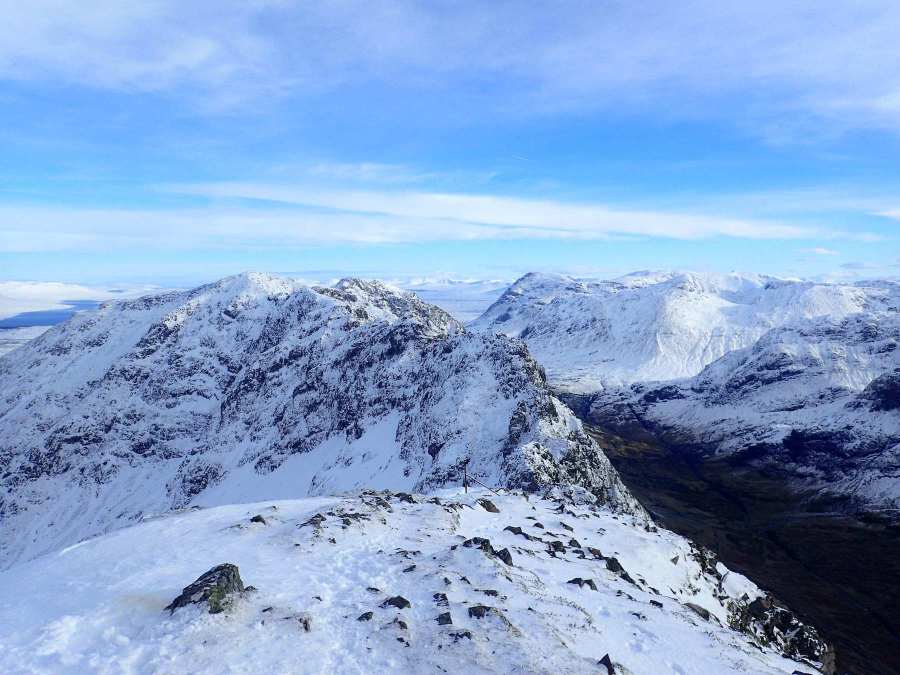The National Trust for Scotland (NTS) has placed 75% of its ecologists and rangers at risk of redundancy. A new petition calling on the NTS to reverse their decision is gathering steam – but the consequences for Scotland’s wild landscapes are concerning.
Last month, the NTS announced that it would be putting 429 of its permanent workforce at risk of redundancy. The coronavirus crisis has had a devastating impact on the charity’s income, which is forecast to collapse by £28 million this year and to fall again in 2021 even if current restrictions are relaxed. NTS Chief Executive Simon Skinner said that the “radical action” had to be taken to “give the Trust space to overcome income loss and weather depressed economic conditions.”
The charity has since come under criticism for its ‘harsh’ approach to tackling the coronavirus crisis. A petition launched earlier this month calling on the NTS to abandon the proposed redundancies has gathered more than 7,000 signatures. Organisers of the #ForTheLoveOfNature campaign say that the cuts will disproportionately affect rangers and ecologists, and that the Trust is failing to “recognise the value of Scotland’s nature reserves and of the staff who have devoted years and decades to protecting them.”

Staffa, credit #ForTheLoveOfNature
‘You can’t protect anywhere without people’
A spokesperson for the campaign told The Great Outdoors that wildlife in areas managed by the NTS – which include Glen Coe, Ben Lomond and Ben Lawers – could suffer without the care of rangers and conservation experts.
“We’re looking at a situation where one person is potentially going to be looking after two reserves, including National Nature Reserves” they said. “It’s pretty worrying. Some of these sites are managed so that our most at-risk species are protected and have a habitat.”
The role of rangers and conservationists on the ground, they added, includes protecting species from human disturbance through education and signage, mitigating fire risk by addressing irresponsible behaviour and controlling blazes before they take hold, and providing the monitoring data used in crucial management decisions. More generally, good management of nature reserves is crucial in the global fight against climate change.
“Environmentally, rangers and ecologists are hugely important in terms of Scottish action on the climate and carbon sequestration,” they said. “The landscape-scale management of peatlands, grassland and woodland is obviously crucial. One of the key things that isn’t often acknowledged is that all these projects need people. You can’t protect anywhere without people to educate, maintain and monitor.”
Access and education
Rangers also play a crucial role in enabling safe and low-impact access to NTS sites.
“When it comes to the maintenance of footpaths and sites, rangers do a huge amount of this,” the #ForTheLoveOfNature spokesperson told us. “If footpaths aren’t properly maintained then people will walk off the path, which results in scars on the landscape. There’s also a need to maintain investments that have already been made – many million pounds of public money has been invested in footpaths.”
One less considered aspect of a ranger’s role, they added, was connecting conservation organisations and local communities. “Obviously there will be the ways things have been done in the past that can clash with the ways conservationists are beginning to do things now. Good people on the ground can bridge that gap. They can get people invested in conservation and in new ways of caring.”
And rural communities benefit in other ways from interaction with rangers. Children from Arran’s Young Naturalist Club recently wrote to local newspaper The Arran Banner telling of their concern for the future of the club and the ranger service.
Callum Brand, aged six, wrote: ‘Hi everyone, I am very sad to hear that the Young Nats Club at the rangers centre might be stopping as there will be no rangers to run it. I love going to this fun club with my friends as I learn lots of new, interesting things and I get to be in the forest!’

Ben Lawers, credit: National Trust for Scotland
Are job cuts unavoidable?
The #ForTheLoveOfNature campaign said that the public response to its petition has been “brilliant”. As of Thursday 25th June more than 7,000 people had signed, many leaving messages of support. However, a spokesperson for the NTS told us that job losses were “unavoidable.”
“We do welcome this petition as it shows how much support there is out there for what the Trust does, and we appreciate people taking the time to show that But the inescapable facts are that our charity is in trouble through no fault of our own – our only way to remain a going concern and find a way back is to take action now and make some difficult choices.
“We understand and sympathise with the views expressed by those behind the petition but the reality is that no part of the Trust is being left untouched by this crisis and, if we don’t act now, many more jobs may be lost and the care of places that are emblematic of Scotland will be in jeopardy.”
The NTS has launched a Save Our Scotland fundraising appeal, which it hopes “will help us carry on our important work to protect Scotland’s natural and national treasures.” It has also approached the Scottish Government for financial support. However, the government is reluctant to offer a cash injection while the Trust is proposing such drastic cuts.
Culture Secretary Fiona Hyslop said: “I’ve made clear to them that I don’t think it is at all tenable for the Scottish Government to provide funding to them at a time that they are trying and would want to continue to make their staff redundant to the scale that they’re talking about.”
A spokesperson from #ForTheLoveOfNature also said that the NTS could have approached the government before announcing the redundancies. “They haven’t gone to the Scottish Government and said ‘we are in a position where we may soon have to cut these staff’. They have gone in with ‘we’re making all these people redundant’. The fact that redundancies were their first thought – even with the furlough scheme still in place – shows a lack of recognition of the importance of these roles.
“They have said that only essential conservation work will be carried out, but all conservation work is essential. It has never been more so.”







